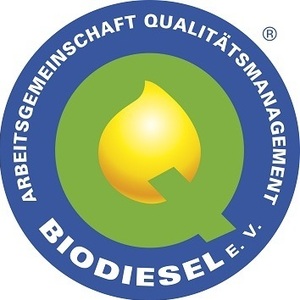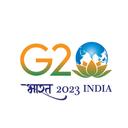Report: German biodiesel hits quality mark despite challenges

February 25, 2019
BY Ron Kotrba
Germany’s biodiesel quality management association (AGQM) released its 2018 quality report, which includes results from three regular, unannounced sampling campaigns among its members last year. A total of 54 samples were obtained through these three campaigns, and 16 more samples were taken from members whose results from the regular campaigns showed limit violations.
For the 1,260 analysis valued recorded, only 26 limit violations were identified, 17 of which were within the precision of the measurement method, according to AGQM.
Advertisement
Advertisement
“It is noticeable that in the summer months particularly many limit violations occurred,” the organization stated. “The long-lasting, very high temperatures may have influenced the production and storage conditions. However, the difficult market environment in 2018, with cheap biodiesel imports from Argentina and Indonesia, should also be taken into account, which could have forced producers to produce more and more at the limit of economic efficiency.”
Despite these challenges, however, AGQM reiterates what the numbers demonstrate: Biodiesel producers have succeeded in ensuring high-quality biodiesel last year in Germany.
Advertisement
Advertisement
“The results for the parameters, which are considered by the automotive industry to be particularly critical for exhaust gas aftertreatment, deserve a positive mention,” AGQM stated. “For the alkali metals sodium and potassium, the average value is 0.8 mg/kg, for the alkaline earth metals magnesium and calcium even 0.1 mg/kg (limit Na+K / Ca+Mg max. 5 mg/kg). The average value for the phosphorus content is 0.5 mg/kg (limit max. 4 mg/kg).”
The detailed quality report for 2018, as well as an information sheet with all the average values for the individual parameters, can be found on AGQM’s homepage under “quality.”
Related Stories
Clean Fuels Alliance America on June 10 announced the launch of the newly redesigned BQ-9000 website, delivering a streamlined and user-friendly experience that better showcases the value of biodiesel quality assurance.
Global Biofuels Alliance launches at G20 Summit
President Joe Biden on Sept. 9 joined leaders of India, Argentina, Brazil, Italy, Mauritius and the United Arab Emirates to launch the Global Biofuels Alliance. The launch took place on the sidelines of the G20 Summit in New Delhi.
Neste is disputing a report filed with the USDA that suggests the company may have received fraudulent used cooking oil (UCO) volumes at its renewable products refinery in Singapore, specifically virgin palm oil from Indonesia.
Members of the European Parliament (MEPs) on Sept. 13 approved a new law that ramps up requirements for sustainable aviation fuel (SAF) within the European Union but sets limits on what types of feedstocks that fuel can be made from.
Clean Fuels outlook predicts growing supplies of used cooking oil
Global used cooking oil (UCO) supplies are anticipated to rise from 3.7 billion gallons in 2022 to between 5 billion and 10 billion gallons by 2030, according to a report released by Clean Fuels Alliance America on Sept. 13.
Upcoming Events










